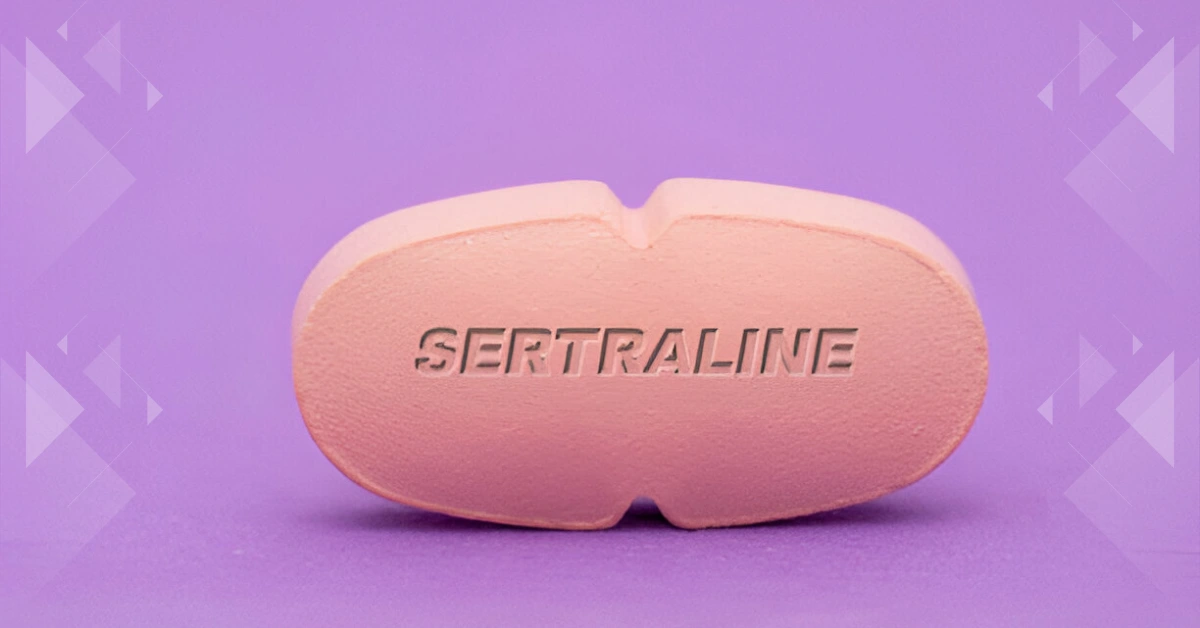Sertraline, a commonly prescribed antidepressant, is used to treat various mental health conditions such as depression, anxiety, and post-traumatic stress disorder (PTSD). While sertraline can be highly effective in managing these conditions, it’s crucial to follow dietary guidelines to ensure optimal results. In this article, we’ll explore how sertraline works, its interactions with the body, and most importantly, the foods to avoid while taking this medication.
Key Takeaways
- Sertraline regulates serotonin levels in the brain, helping to manage symptoms of depression and anxiety.
- Certain foods can interact negatively with sertraline, reducing its effectiveness or causing adverse reactions.
- Maintaining a balanced diet and consulting with a healthcare provider are essential when taking sertraline.
Understanding Sertraline
Sertraline belongs to a class of medications called selective serotonin reuptake inhibitors (SSRIs). It works by increasing the levels of serotonin, a neurotransmitter that plays a crucial role in regulating mood, sleep, and appetite. By keeping serotonin levels balanced, sertraline helps alleviate symptoms associated with depression, anxiety, and other mental health disorders.
How And When To Take Sertraline
Your healthcare provider will determine the appropriate dosage based on your individual needs. Sertraline is typically taken once daily, either in the morning or evening. Consistency is key when taking sertraline to maintain steady levels in the body and achieve the best results. Take the medication at the same time each day, and don’t skip doses even if you feel better.
How Does Sertraline Interact With The Body?
While sertraline is generally well-tolerated, it can cause side effects such as nausea, diarrhea, and changes in appetite or sleep patterns. It may also interact with other medications, including over-the-counter drugs and herbal supplements. Before starting sertraline, discuss any pre-existing conditions or medications you’re taking with your healthcare provider to avoid potential complications.
Who Can’t Take Sertraline?
Certain individuals should avoid taking sertraline due to medical conditions or interactions with other medications. This includes people with a history of allergic reactions to sertraline, those taking monoamine oxidase inhibitors (MAOIs), and individuals with bipolar disorder or a history of manic episodes. Pregnant or breastfeeding women should also consult their healthcare provider before taking sertraline.
The Importance Of Diet When Taking Sertraline
Your diet plays a significant role in the effectiveness of sertraline. Certain foods can interfere with how the body absorbs and processes the medication, leading to reduced efficacy or increased side effects. Maintaining a healthy, balanced diet rich in fruits, vegetables, lean proteins, and whole grains can help optimize the benefits of sertraline and promote overall well-being.
Also Read: Testosterone Killing Foods: Understanding Their Impact
Foods To Avoid When Taking Sertraline
Alcohol
Drinking alcohol while taking sertraline can increase the risk of side effects and may worsen symptoms of depression or anxiety. It’s best to avoid alcohol entirely or limit consumption to occasional, moderate amounts.
Grapefruit And Grapefruit Juice
Grapefruit contains compounds that can interfere with the body’s ability to metabolize sertraline, leading to increased levels of the medication in the bloodstream. This can result in enhanced side effects or toxicity. Avoid consuming grapefruit or grapefruit juice while taking sertraline.
Caffeine
While moderate caffeine intake is generally safe, excessive consumption can worsen anxiety symptoms and interfere with sleep. Limit caffeine intake from sources like coffee, tea, and energy drinks, especially if you’re sensitive to its effects.
High-fat meals
Eating a high-fat meal can delay the absorption of sertraline, potentially reducing its effectiveness. Aim for a balanced diet with moderate amounts of healthy fats from sources like avocados, nuts, and olive oil.
Supplements
Some dietary supplements, such as St. John’s Wort or SAMe, can interact with sertraline and cause serious side effects. Always inform your healthcare provider about any supplements you’re taking to ensure safety and avoid interactions.
Conclusion
Sertraline can be a valuable tool in managing mental health conditions, but it’s essential to follow dietary guidelines for optimal effectiveness. By understanding how sertraline works, its potential interactions with the body, and the foods to avoid, you can maximize the benefits of this medication. Remember to maintain a balanced diet, limit alcohol and caffeine intake, and avoid grapefruit and high-fat meals. Always consult with your healthcare provider for personalized advice on diet and medication interactions.
Read More: Can You Drink Coffee While Fasting? Understanding The Impact
FAQs
A: While it’s best to avoid alcohol entirely, occasional, moderate consumption may be acceptable for some individuals. However, it’s crucial to discuss this with your healthcare provider to ensure safety and avoid potential interactions.
A: Sertraline can interact with certain medications, including MAOIs, blood thinners, and other antidepressants. Always inform your healthcare provider about all medications you’re taking to avoid potential complications.
It can take several weeks for sertraline to reach its full therapeutic effect. Some people may notice improvements in their symptoms within the first few weeks, while others may require more time. Be patient and consistent with your medication regimen, and don’t hesitate to discuss any concerns with your healthcare provider.
A: It’s essential to continue taking sertraline as prescribed, even if you start feeling better. Stopping the medication abruptly can lead to withdrawal symptoms and a relapse of your symptoms. If you wish to discontinue sertraline, work closely with your healthcare provider to develop a gradual tapering plan.

